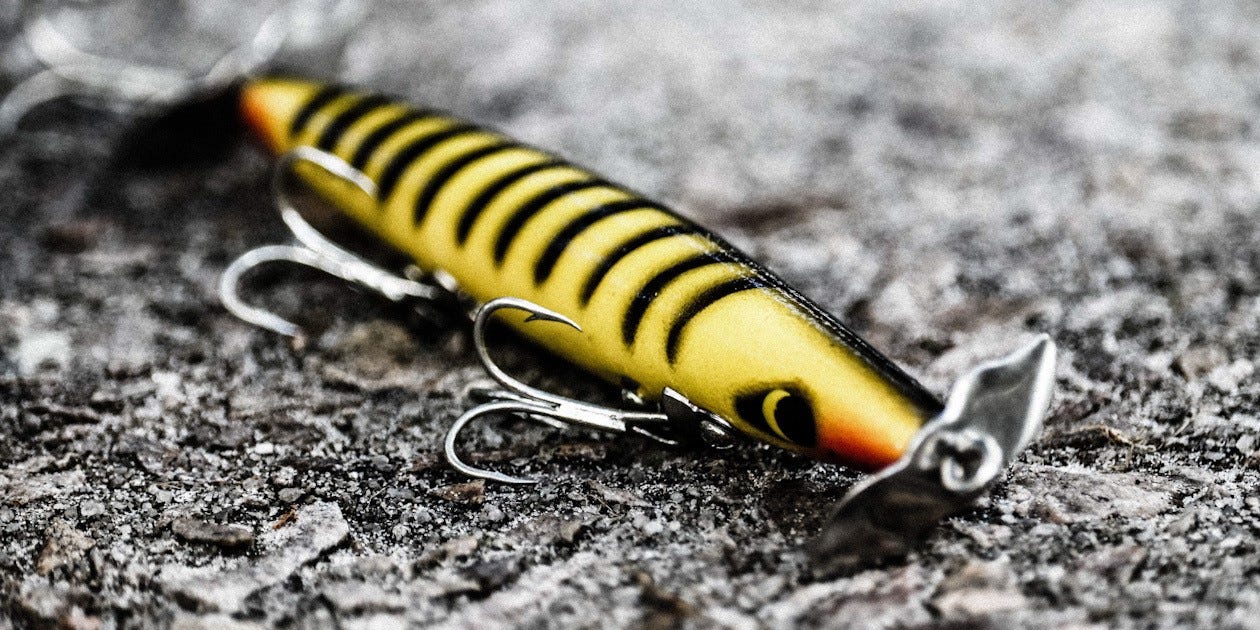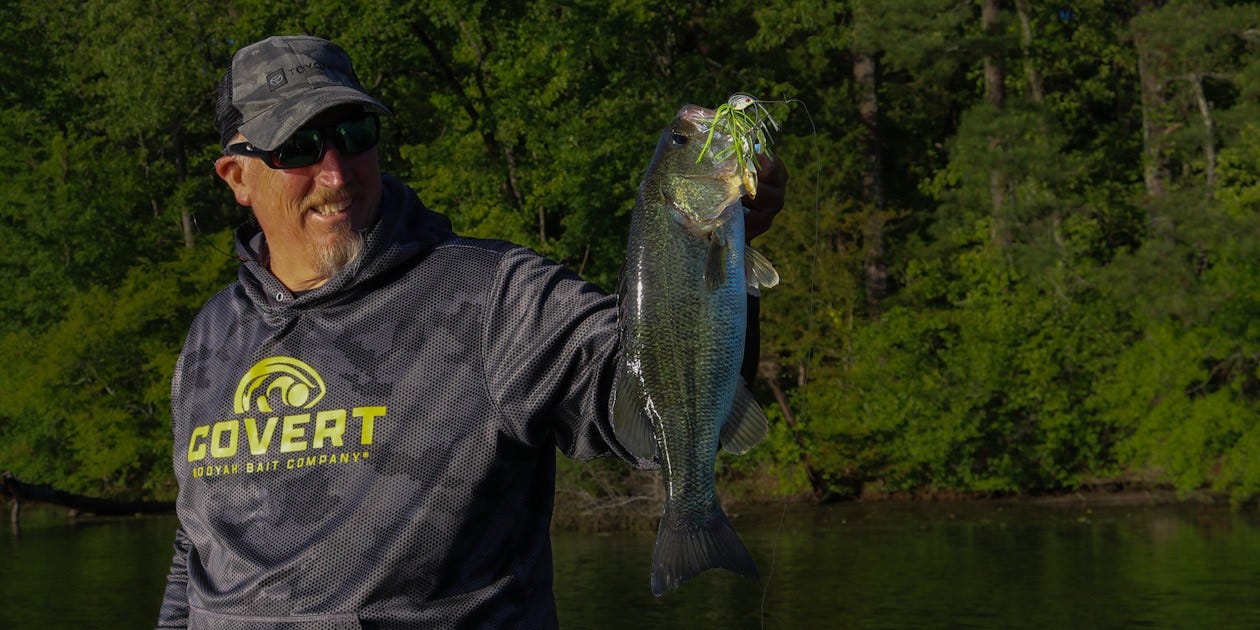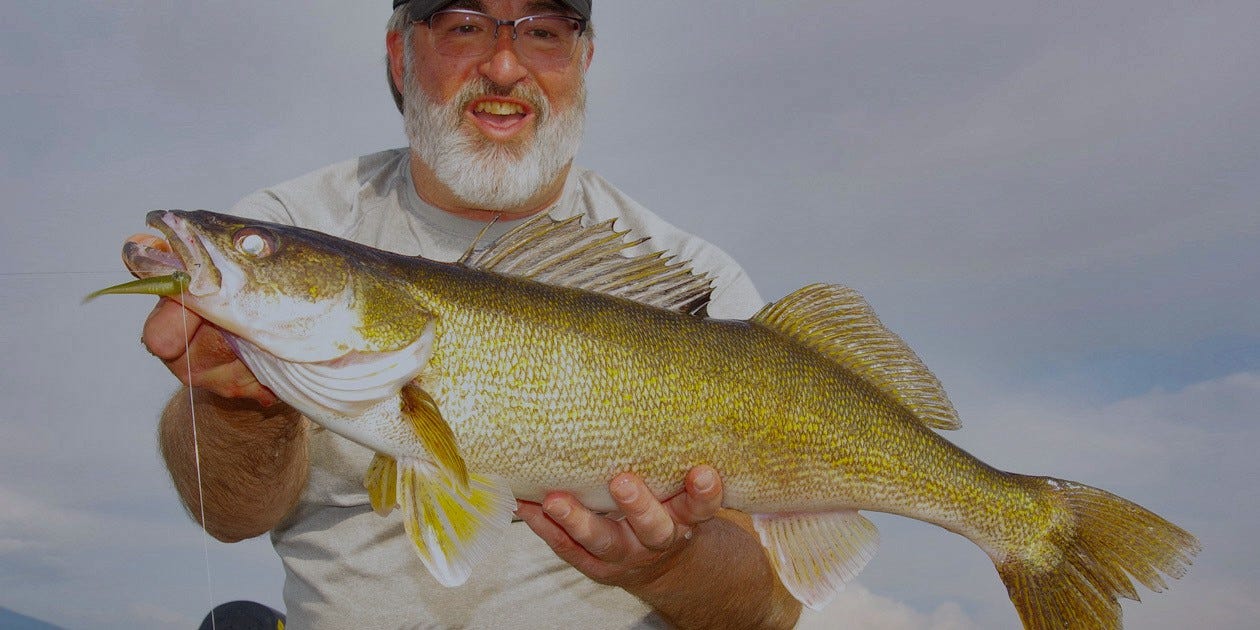- Sep 18, 2011
Smallmouth Bass and Muskies At The Headwaters Of The Big Muddy
It’s not your Bubba’s Mississippi River.
For most Southerners, the Mississippi River is a big, rolling, muddy, deep and dangerous river. That’s just the way it is. It’s like your second grade teacher – she was old and fat and quick to anger. She’ll always be that way to you. You’d never imagine that she once was a young and virile teenager.
Every river has a starting point, even the most famous river in the country, but few folks down South think about that. The Mississippi River begins at Itasca State Park in northwestern Minnesota. There’s a historical marker, trails to the “headwaters” of the river and, of course, a gift shop. Thousands of visitors stop by and walk across the 10-yard wide trickle of water running out of Itasca Lake so they can say they walked across the Mississippi River. What these tourists don’t know, however, is that there is a lake that feeds into Itasca, so it’s really not the beginning of the river then, is it? Elk Lake, an experimental muskie lake, flows into Itasca.
“They didn’t have a nice, scenic place to put the gift shop at Elk Lake, so they used Itasca,” my friend told me jokingly as we backed the boat into the “real” headwaters of the mighty Mississippi.
Elk Lake is a catch-and-release-only muskellunge lake. It has a decent walleye population as well and we saw one other boat on the water with two guys dragging Lindy Rigs as we launched. That was the only other boat we saw during two days of fishing. During those two days we had four good follows but no strikes, and if you don’t think a follow is exciting, you’ve never had one.
Muskies are dinosaurs. They’re vicious. A great hunting writer once said that a cape buffalo looks at you like you owe it money, and if that’s true, a muskie looks at you like you owe it money, stole its wife, burned down its house and stuck a rattlesnake in its pants. Muskies are just plain mean.
My friend threw a big spinnerbait and I tried a YUM F2 Houdini Shad on a stout 7/0 hook. We worked our way around the lake as a loon called over and over. A bald eagle swooped down and took a small fish off the top and flew between the boat and the bank. Everything around us screamed: “North Country!”
After I caught a small northern we trolled over to a big hump covered with aquatic vegetation and abrupt ledges on all sides. I cast the big Houdini Shad to the top of the submerged island and worked it with quick twitches so it sashayed back and forth in the water, and as it came over the edge of the weeds to deep water an image appeared behind the bait. As it rose and closed the distance it got bigger, and bigger, and bigger, until I panicked and stopped working the lure. I’ll never forget the image of that giant muskie turning and swimming back to the depths.
I had two more follows and my friend had one on the spinnerbait, and I can’t believe that a fishing trip where you catch no fish can be not only satisfying, but incredibly exciting. I’m bitten by the muskie bug and can’t wait to get back.
The following day we drove to St. Cloud, Minn., to smallmouth bass fish the upper Mississippi north of Minneapolis with guides John House and Tom Braaten. We met in the Country Inn & Suites parking lot and talked about what to expect.
“I’m a jig fisherman,” Braaten said. “The 5/16-ounce Bed Bugs and Baby Boo Jigs with a Craw Papi or Gonzo Grub trailer has been killing them lately.”
House was less stringent with lures, and said he’d been catching them pretty well on 5-inch Houdini Shads, XCalibur Stick Baits and XR50s and Super Spook Jr. Even though I was pumped for some topwater action, I went in Braaten’s boat to see if I could learn some “Northern” jig tactics.
Rattlin’ Spook. In fact, I caught a double on the new Rattlin’ Spook – a 2 pounder on the back hook and a 3 ½ on the front hook. (That’s it in the picture.) When we found a school of smallies, we pounded them over and over. When they stopped hitting the topwater, we worked the glimmer shad Houdini Shad or the Stick Bait slowly through them and caught more. I don’t know of a fish that fights harder than a river-run smallmouth bass and by the time the sun neared the western horizon we headed back to the ramp with tired arms and silly grins.
As I started the long drive home in the predawn darkness I thought about the Mississippi River and how this trip changed my impression. I remembered the first time I saw a picture of my mom when she was a teenager and saying, “That’s you?!” It was a lot like that.



